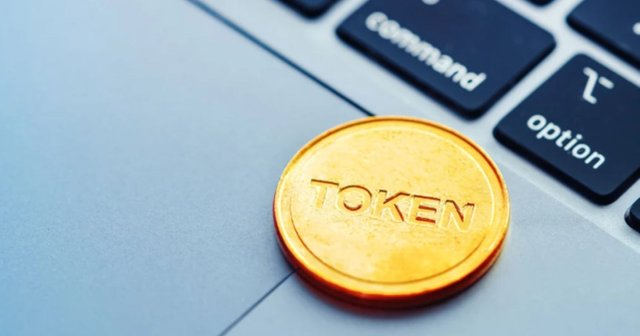The Future of Value Exchange: How Tokens are Reshaping Global Markets

In recent years, the concept of value exchange has undergone a transformative evolution with the rise of digital tokens. These tokens, built on blockchain technology, have unlocked new avenues for transferring and storing value across global markets. From cryptocurrencies like Bitcoin to utility tokens powering decentralized applications (dApps), the impact of tokens is reshaping financial systems and beyond.
Understanding Tokens and Their Types
Tokens can be broadly categorized into three main types: cryptocurrency tokens, security tokens, and utility tokens. Each type serves distinct purposes within the digital ecosystem.
Cryptocurrency Tokens
Cryptocurrency tokens, such as Bitcoin and Ethereum, operate as digital currencies independent of traditional banking systems. They facilitate peer-to-peer transactions securely and transparently across borders, promising financial inclusion and autonomy.
Security Tokens
Security tokens represent ownership of assets, such as real estate or company shares, and are regulated by securities laws. They provide fractional ownership and streamline the process of trading traditional assets.
Utility Tokens
Utility tokens enable access to a specific product or service within a blockchain ecosystem. Examples include tokens used for governance in decentralized organizations or for accessing functionalities within dApps.
The Role of Blockchain Technology
At the core of tokenization lies blockchain technology, a decentralized ledger that ensures transparency, security, and immutability of transactions. Blockchain eliminates intermediaries, reducing costs and increasing the speed of transactions, thus democratizing access to financial services globally.
Tokenization in Global Markets
Financial Inclusion and Accessibility
Tokens have the potential to bridge the gap for the unbanked population worldwide by providing access to financial services through mobile devices. This inclusivity is particularly transformative in regions with limited banking infrastructure.
Disrupting Traditional Finance
The emergence of decentralized finance (DeFi) platforms has revolutionized lending, borrowing, and trading through smart contracts. These platforms operate autonomously without centralized control, offering users competitive interest rates and removing barriers to entry.
Tokenization of Assets
Assets traditionally illiquid, such as real estate and fine art, can now be tokenized, enabling fractional ownership and increasing liquidity. This democratization of asset ownership opens investment opportunities to a broader audience.
Challenges and Regulatory Landscape
Despite the transformative potential, tokenization faces challenges, including regulatory uncertainty and security concerns. Governments are grappling with how to regulate these digital assets to protect investors while fostering innovation in the blockchain space.
The Future Outlook
Looking ahead, the adoption of tokens is poised to accelerate as blockchain technology matures and regulatory frameworks clarify. Innovations in token standards, interoperability, and scalability will further enhance the efficiency and usability of tokens in various sectors.
Conclusion
In conclusion, tokens are reshaping global markets by democratizing access to financial services, disrupting traditional finance, and enabling new forms of asset ownership and exchange. As blockchain technology advances and regulatory frameworks evolve, the future of value exchange looks increasingly decentralized and inclusive. Embracing tokens entails navigating challenges but promises a more efficient, transparent, and accessible global financial system.
By understanding the diverse applications and benefits of tokens, stakeholders can harness this transformative technology to drive economic growth and empower individuals worldwide.